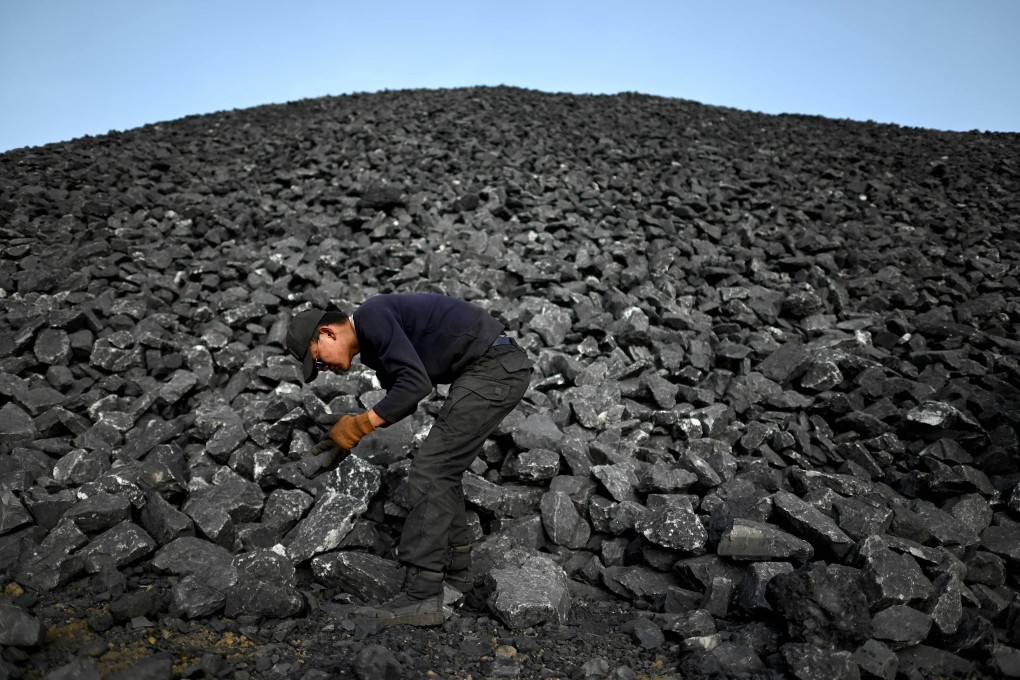Advertisement
Opinion | China’s energy playbook success not enough to secure climate goals
Energy planners in Beijing have found a winning approach, but the strength of China’s coal sector threatens to undo progress on emissions
Reading Time:3 minutes
Why you can trust SCMP

News broke last month over the possible sale of Sinochem’s assets in a US shale oil play in the Permian Basin of Texas. The company holds a 40 per cent stake in the prolific Wolfcamp shale venture with US supermajor ExxonMobil.
Advertisement
While no reason was given for the possible divestiture, Reuters reported that the Beijing-based energy company has struggled with its oil production business in the past few years and wants to shift its focus to other sectors. The sale could fetch some US$2 billion for Sinochem. The company initially acquired the stake in 2013 from Pioneer Resources for US$1.7 billion as part of a strategic expansion into international oil and gas assets.
The Permian Basin in west Texas is one of the top oil-producing regions in the United States. It’s also one of the main reasons the US has become the world’s top oil producer, bypassing both Russia and Saudi Arabia, with production averaging almost 13 million barrels per day (bpd) last year.
The Sinochem development typifies a turning point in China’s energy sector. Simply put, China won’t need as much crude oil as before going forward, making overseas oil deals less crucial for its energy security. China’s oil demand is forecast to continue to taper off because of its massive renewables development along with domestic oil production, less petrol needed for its transport sector and prolonged economic contraction.
China’s purchasing managers’ index reached a six-month low in August. That month, China also reported its first decline in new export orders in eight months while a survey indicated new home prices grew at the slowest rate this year.
Advertisement
Meanwhile, last week UBS Investment Bank lowered its forecasts for China’s GDP growth to 4.6 per cent this year and 4 per cent next year because of a “deeper-than-expected property downturn” and its effects on household consumption. The downward spiral could worsen since China is trying to support the economy with stimulus measures, but it hasn’t been enough to stabilise its property sector.

Advertisement
